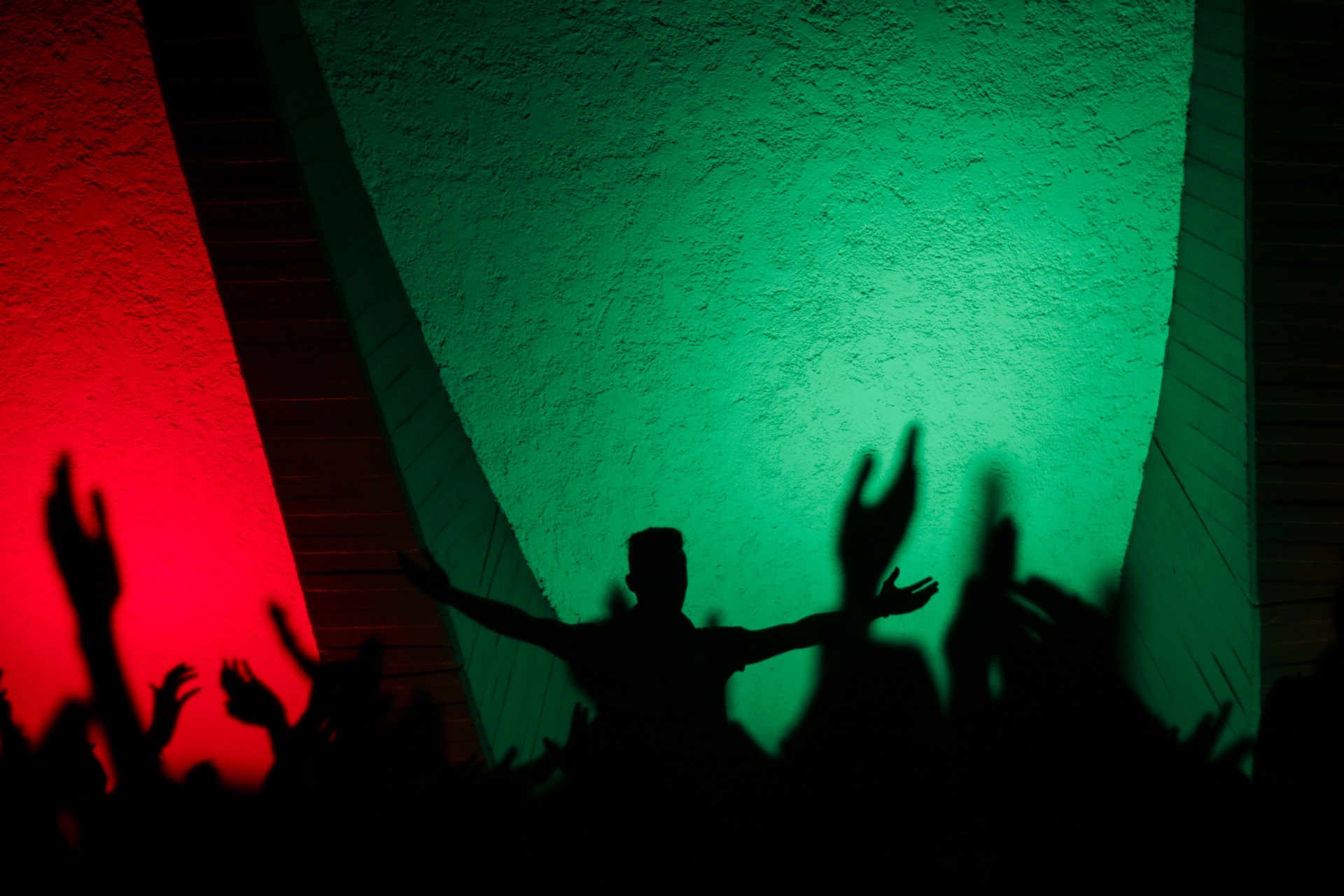by Jim Genia
He made a joke about upholding the oral tradition of the Lakota, implying the tradition had nothing to do with storytelling. We became friends after that. Whatever I was, Bertrand was so much more.
Around his neck was a choker made of lacquered bone, glittering shell and leather cord. The sharp angles of his face could cut glass. “I know something about you that you don’t know,” he said.
Around us, a social mixer at the American Indian Community House in Manhattan, the kind where reservation Indians sheepishly considered becoming city Indians. Bertrand had been in the city a year before my arrival; he could almost be considered an elder. I asked what it was he knew. I wanted what Bertrand had. I wanted wisdom, insight and knowledge.
He smiled and raised a paper cup of commodity apple juice in toast. “Here’s to showing you,” he said.
Then we were out, with the clock about to strike midnight on a leafy West Village street and his every step implying a grand musical number would soon start.
“Want to see something cool?” he said, and of course I said yes. It was 1992, the year everyone said “yes.”
He leaned in close to a passing stranger and asked for a cigarette, incorporating the words “sweetie,” “dear,” “life saver” and a noise mimicking an over-accentuated air kiss.
To me, he said, “It’s time for your vision quest.”
From another stranger he bummed a light. Sweetie. Dear. Life saver. Air kiss.
To me, he said, “Follow me.”
So I did, and Bertrand took us to a lounge on 10th Street, where graphic artists and lawyers huffed from a communal crack pipe and Massive Attack flowed from the speakers like a gurgling spring. To a spot called Splash Bar on 17th Street, where the bartenders wore only underwear and muscle boys took showers on stage. To a shell of a nightclub called Uncle Charlie’s, a relic of an age gone by and ravaged by the illness that hit while I was in grade school, the ABBA tracks spun for innumerable ghosts whose earthly ashes had been scattered along the shores of Fire Island years ago. There was a dive called Johnny’s that stank of alcoholism and bad choices, the sign outside simply reading “Bar” yet somehow saying all there was to say. For sustenance, it was a cheap plate of black beans and tortillas at Flying Burrito Brothers on West 4th. We strolled into a piano bar and the man at the keys was singing show tunes with such fervor that Bertrand said “Nope!” and led us out the door without breaking stride. Frozen margaritas at Banditos, so full of tequila that Bertrand downed one, then two, and his eyes became dark pools and he moved like he was under water.
“Ready for your vision?” said Bertrand, his lips to my ear. “There’s a backroom.” He gestured to the hallway past the bathrooms.
I didn’t know what he was talking about.
“Kola,” he said, using the Lakota word for “friend.” “You’re so innocent. It’s a dark place where strangers have sex. They’d love a cute Indian like you.”
I shook my head. An epidemic raged, so the notion of reckless, anonymous sex carried with it more anxiety than thrill. Still, on some level, the thrill was there. I asked if it was dangerous, despite knowing it was.
“Pretty people don’t suffer consequences,” he said.
Around us, a crowded 6 Train, the people packed so tight, I was sure this would induce panic in anyone used to open skies and emptiness. But I grew up on Long Island, and Bertrand seemed to revel in it, like the odd soldier who went off to war and, instead of stricken by its horrors, thrived.
“There’s a video store in Chelsea,” Bertrand said. “Dark basement, lots of rooms.”
I thought of a Blockbuster. I asked if he watched movies there.
He laughed. “No, kola,” he said. “I mess around with strangers.” He made no effort to lower his voice, but this was a New York City subway car. No one cared.
I asked if he could explain the appeal. I asked, despite knowing the answer.
He shrugged, the implication not that he didn’t know, but that he couldn’t articulate it. “I went to a residential school back in South Dakota,” he said. “One night, a priest took me into his room and said something I will never forget.” He grew silent.
I realized he was waiting for me to speak, so I asked what the priest had said.
“’Doesn’t this feel good?’” He grinned, the odd soldier, thriving.
To me, Bertrand said, “Ready for another vision?”
A leafy East Village street. Midnight. A grand musical number. From a stranger, a cigarette.
To me, Bertrand said, “Follow me.”
And I did, to a tiny place on the edge of Tompkins Square Park, past the public restrooms where junkies and hustlers sung the final songs of their lives, past the Life Café that would soon be made famous by “Rent,” to a place called Crowbar. No sign, no awning, but within ‘80’s music blasted in a shade of nostalgia that had not yet taken hold of the masses. It was jungle hot, the dance floor so thick and crowded that to exist was to rub against at least four shirtless strangers (some of them men, some of them women in bras). Everyone was drenched in sweat, but the DJ spun Frankie Goes to Hollywood and Wham! and Yaz, and euphoria spread like a virus.
I was happy. It felt like I belonged.
His words from when we met came to me, so I leaned in. Said, “What did you know about me that I didn’t know?”
He smiled. Pointed at me, pointed at himself, and held up a pair of fingers.
“Two spirits,” he said, his words nearly lost to the music, but I heard them.
I heard them.
Two fingers, and he said, “Winkte. That’s us.”
Jim Genia — a proud Sioux — mostly writes nonfiction about cagefighting, but occasionally takes a break from the hurt and pain to write fiction about hurt and pain. His short fiction dealing with Indigenous themes has appeared in or is forthcoming in the Zodiac Review, Electric Spec, ANMLY and the Indiana Review. Follow him on Twitter @jim_genia.



Add your first comment to this post